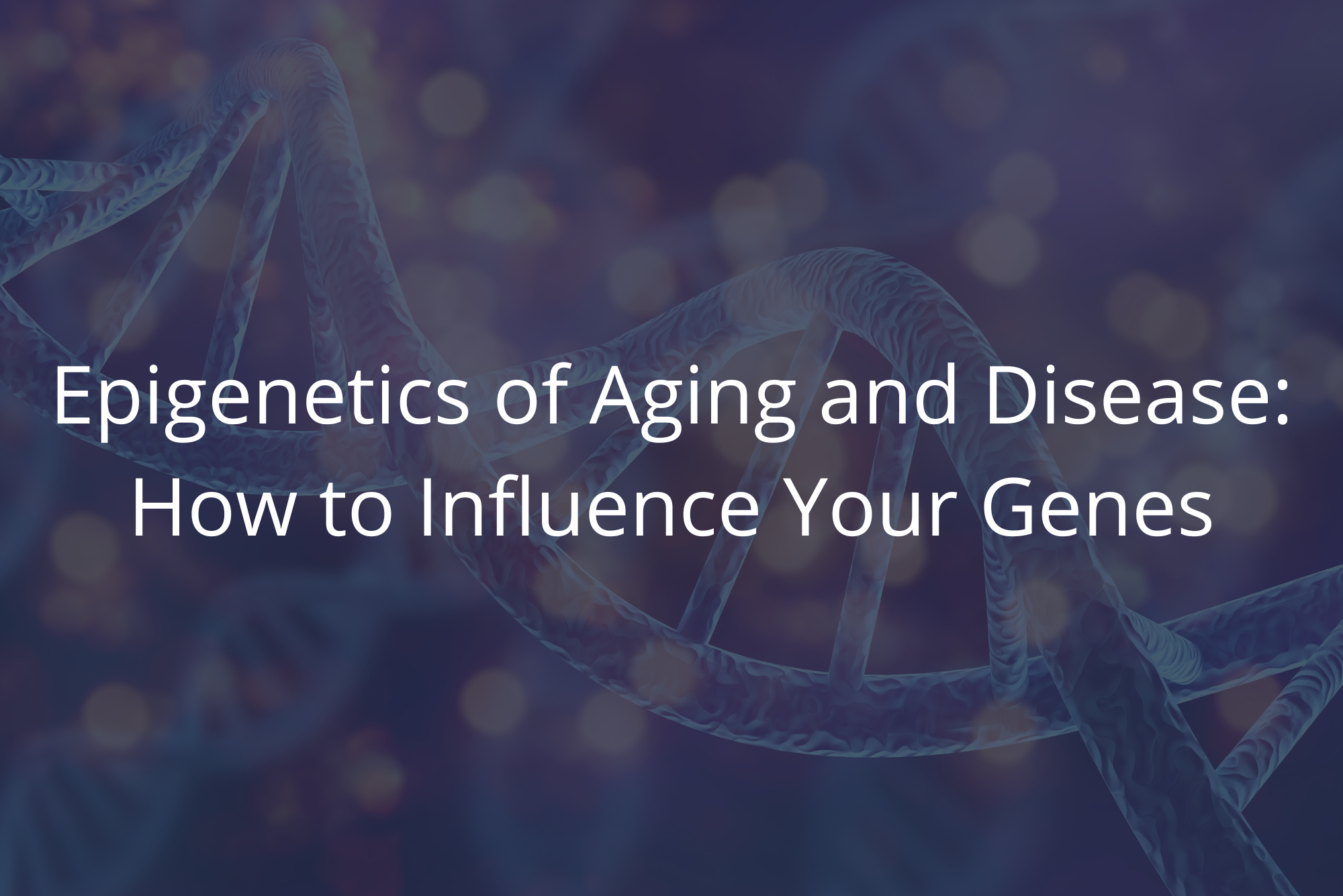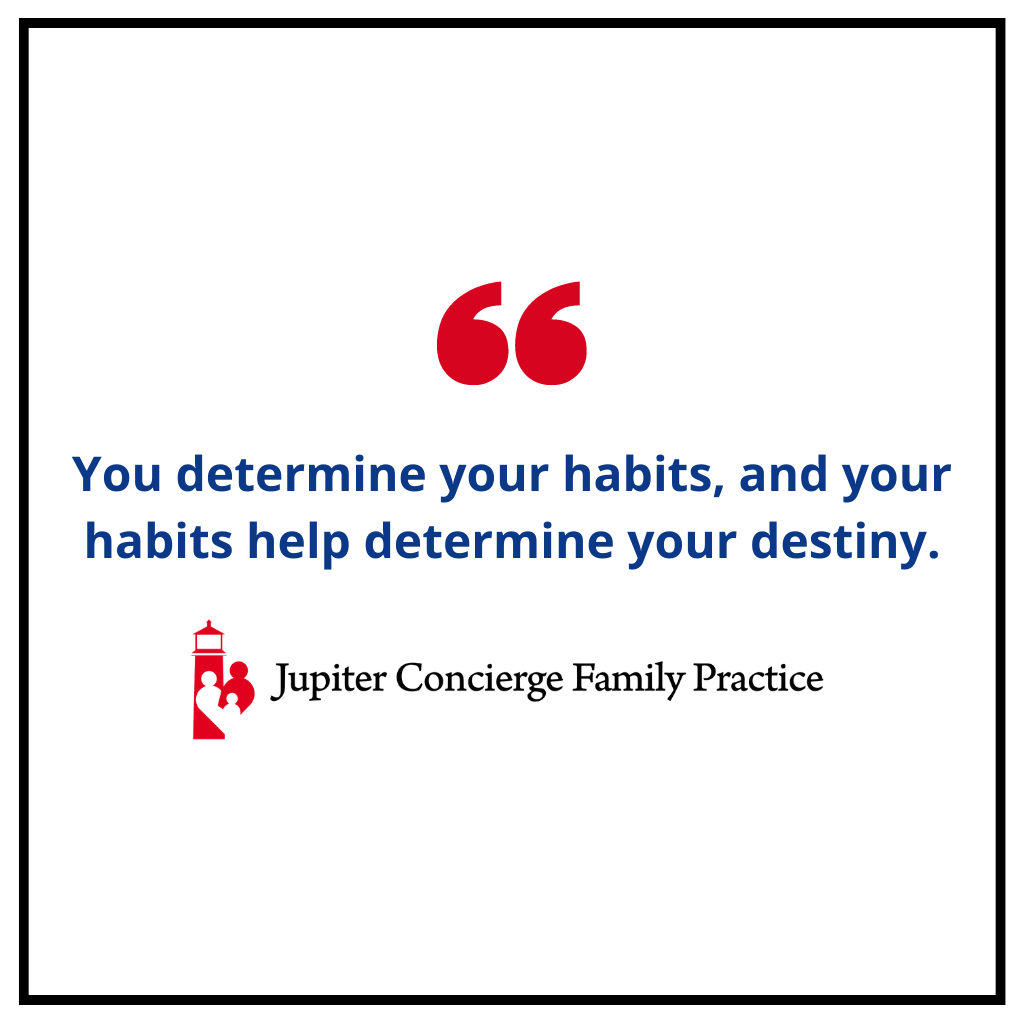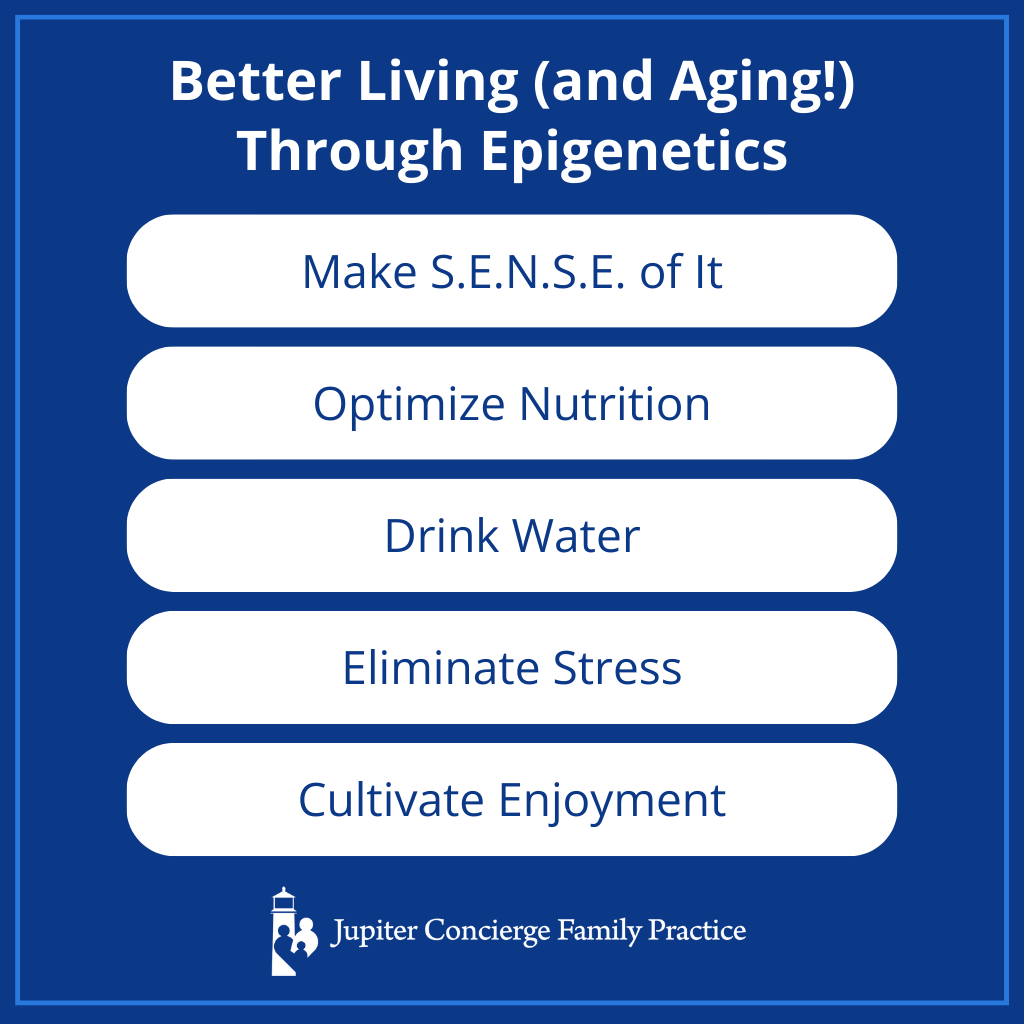
Those who watched television in the late 1980s will doubtless recall the car commercial, This is not your father’s Oldsmobile — this is the new generation of Olds!
The point of the commercial was, of course, to sell cars, but it was to do so by changing people’s preconceived notions about Oldsmobile. It was to put “new” in place of “Olds.” It was to help us ask in what ways things change, and in what ways they stay the same.
That brings me to epigenetics. Obviously.
Many people have concerns that they’re destined for the same specific medical fate as their parents and grandparents. Because we share genes and because disease processes can run in families, people conflate likelihood with certainty. They worry they’ll wake up one day careening down the road behind the wheel of their father’s Oldsmobile, wondering how it happened — metaphorically speaking, of course.
Today I want to take us down the winding road of epigenetics, aging, and disease — and the exciting truth that our behaviors and genes work together.
All in the Family: Epigenetics of Aging and Disease
I know this is obvious, but it bears mentioning: Life has changed exponentially in the past 100 years, in more ways than one. It can be easy to look around and see the external changes — mobile phones! urban development! AI! — but it can be harder to remember that those changes have internal, bodily impacts, too.
For example, 100 years ago, there were very few chemicals in our environment. Now we’re exposed to thousands of chemicals every day. In fact, modern testing shows humans are born with dozens or more already stowed away in our bodies.
We all know that family history is an important tool in medicine. Whenever you visit a new doctor, you find yourself filling out forms and trying to remember what eye disease your maternal grandfather had. That’s because certain tendencies and medical predispositions exist in our genes.
But family history and genes aren’t completely deterministic of outcomes. In other words, we have a lot of influence over living and aging, independent of our genes. I’m reminded of a great Dr. Seuss quote:
You have brains in your head. You have feet in your shoes. You can steer yourself any direction you choose.
You’re NOT stuck behind the wheel of your father’s Oldsmobile.
Your parents and grandparents led very different lives from you, from their environmental exposure to chemicals to their diets and stress levels. These variations differentiate which of your shared genes are expressed. (More on that in a minute!)
Your Choices Matter
While our ancestors may have had several advantages over our current reality — fewer chemicals, better sleep, and lower stress levels — we have many modern advantages that come to our aid. Humans have learned a lot about lifestyle in the past 70 years.
In the 2020s, we know how important exercise is. We’re much more socially cognizant about staying in shape, for example. We have countless fitness options at our disposal and won’t be ostracized as “health nuts” for getting aerobic exercise.
We also know how to avoid unhealthy foods — foods our parents and grandparents had no idea were unhealthy in the first place.
We understand that cigarettes and alcohol have real-life medical consequences; as a society, we don’t drink and smoke like our parents and grandparents did. Thus, we’ve lowered our likelihood of developing related illnesses.
In short, we have access to good and bad lifestyle choices. And our lifestyle affects the ways in which our genes are expressed.
Express Yourself: Epigenetics Unpacked
What do I mean by gene “expression”? To talk about that, we need to unpack the term epigenetics.
The prefix “epi” means around. What’s around the gene that affects it? And “genes” are small pieces of information in your body that determine things like eye color, height, and how your body works.
Put the two terms together and see that epigenetics refers to the instructions that tell your body which genes should be used and when. It doesn’t mean altering the existence of our genes. It’s more like a control panel full of dimmer switches. Our lifestyle and environment provide certain “instructions” that either upregulate or downregulate each gene, increasing or decreasing its expression. It can express itself dimly, brightly, or not at all.
Your environment, diet, and lifestyle all have an impact on epigenetics. For example, if you eat a healthy diet and exercise regularly, genes related to good health can be upregulated. On the other hand, if you’re exposed to harmful substances or excessive stressors, or if you have an unhealthy lifestyle, specific genes associated with health problems can activate.
Therefore, epigenetics is the study of how specific instructions or codes regulate which genes in your body are active, and how your environment and way of life can affect these instructions. It’s an exciting field of science that helps us better understand how our bodies work and — more to the point — how our choices affect our health and well-being.
Better Living (and Aging!) Through Epigenetics
As we’ve covered above, the good news is that we have lots of flexibility in life and aren’t helpless victims of our genes. See my top tips for using epigenetics to your best advantage.
#1: Make SENSE of It
First and foremost, make a holistic and sober assessment of your life. Take stock. Ask yourself what negative behaviors or aspects you can eliminate. Determine what positives you need to add.
Use the SENSE acronym to help you do this. SENSE is a reminder of the 4 Pillars of Health: sleep, exercise, nutrition, and stress elimination. Evaluate your life in each of these realms so you know what you need next.
#2: Optimize Nutrition
To eat well, focus on variety and vegetable colors. Remember the colors of the rainbow (ROY G BIV) and try to incorporate vegetables of all colors. I have some helpful guides, too, to get you on your way. You may also wish to consult with a nutritionist to create a custom plan for you.
#3: Drink Water
Avoid getting your calories from fluids and stay hydrated. Choose water over soda; minimize alcohol.
#4: Eliminate Stress
Stress elimination is critical, and it’s all about setting limits. Consider your schedule for the upcoming week. What days, times, or meetings give you anxiety just by looking at them? What can you do to change that?
For example, if you find yourself drained by back-to-back meetings, create a buffer in your schedule.
Another tip is to eliminate multitasking and increase two-fers. Multi-tasking is stressful, while two-fers (credit to Zig Ziglar!) are two-for-one wins. You do two beneficial things at the same time. For example, go on a walk and listen to an audiobook (as long as you’re not in traffic). Have a good meal and enjoy time with your spouse.
#5: Cultivate Enjoyment
Give yourself permission to enjoy things. Figure out what activities you enjoy and do them! Whether it’s nature, creativity, sports, or playing cards with friends, do something just for the sake of enjoyment.
 Epigenetics of Aging and Disease: Conclusion
Epigenetics of Aging and Disease: Conclusion
As the cover of Time Magazine once beautifully declared, Your DNA isn’t your destiny. You’re not stuck with a specific outcome based on your genes.
You determine your habits, and your habits help determine your destiny.

Dr. David Rosenberg
Dr. Rosenberg is a board-certified Family Physician. He received his medical degree from the University of Miami in 1988 and completed his residency in Family Medicine at The Washington Hospital in Washington, Pennsylvania in 1991. After practicing Emergency Medicine at Palm Beach Gardens Medical Center for two years, he started private practice in Jupiter, in 1993. He is an avid baseball fan and Beatles fanatic, since he was 8 years old. He has been married to his wife, Mary, since 1985 and has three grown children.
David completed additional studies at Mercer University, Macon, Georgia and obtained a BS in Chemistry in 1983.
“My interests include tennis, snow skiing, Pilates and self-development.”

